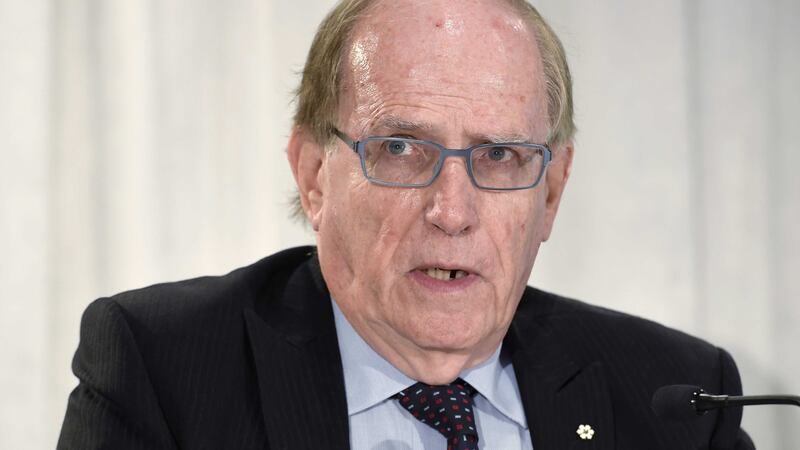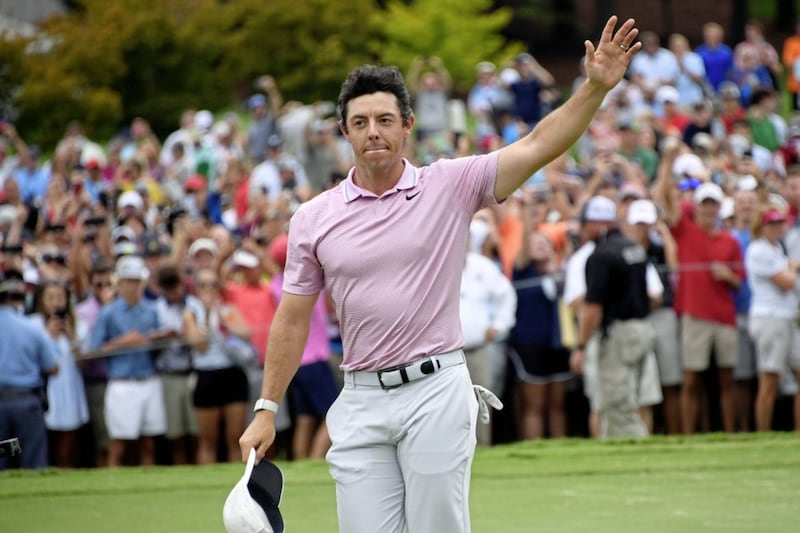A TWO-MONTH investigation commissioned by the World Anti-Doping Agency has uncovered evidence of "state-directed, fail-safe" doping throughout Russian Olympic sport.
The investigation's chairman Richard McLaren delivered three main findings at a press conference in Toronto on Monday - that doped samples "disappeared" from the anti-doping laboratory in Moscow, that they were swapped with clean samples at the laboratory for the Sochi Winter Olympics in 2014 and that these plans were directed by the Russian sports ministry.
McLaren said he had "unwavering confidence" in his findings, which will surely lead to even louder calls for Russia to be banned from the Rio Olympics. This investigation was set up in May following an interview in the New York Times with the former director of Moscow's anti-doping laboratory Grigory Rodchenkov in which he described an elaborate plan to ensure Russian success at Sochi 2014.
Rodchenkov, who was sacked after the first WADA-funded investigation into doping in Russian athletics last year, has been in hiding in the United States ever since and has been branded a "criminal" and a "traitor" by senior Russian figures. But McLaren's "intense" 57-day investigation has completely vindicated the remarkable tale of state-sponsored cheating he outlined in print in May.
McLaren, who also worked on that initial investigation into Russian athletics, said his team had used forensic analysis, seized computers, studied data and performed extra tests on stored samples from the Sochi Games and other major events. Rodchenkov, for example, had claimed the Russian secret service (FSB) had worked out how to open and reseal the supposedly tamper-proof bottles that are used for storing urine samples so the contents could be replaced with "clean" urine.
To prove this allegation, McLaren sent a random amount of samples from "protected Russian athletes" at Sochi 2014 stored by the anti-doping laboratory in Lausanne to a lab in London to see if they had scratch marks around the necks of the bottles that would indicate they had been manipulated. McLaren said "100 per cent of the bottles had been scratched", although added this would "not have been visible to the untrained eye".
He said had "unwavering confidence" in the 103-page report's findings, having only included items that could be proven "beyond reasonable doubt".








